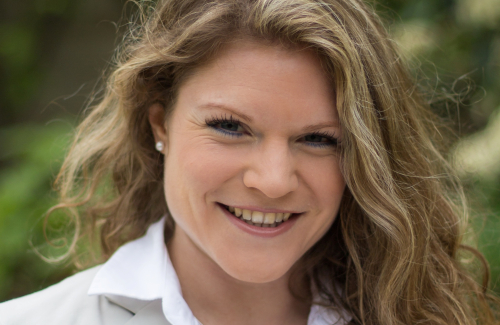More Pembroke news
Dr Alexander Henley Publishes New Policy Report with Carnegie
NEWS |
Dr Alexander Henley, a Departmental Lecturer in Islam and the Study of Religion at Pembroke College, has published a policy report with the Carnegie Endowment for International Peace titled, ‘Religious Authority and Sectarianism in Lebanon’.
This publication is part of the Carnegie Endowment for International Peace project ‘Sources of Sectarianism in the Middle East’. This two-year inquiry seeks to improve understanding of intra-religious identity conflict in a turbulent region.
Dr Henley’s report examines the complex structures from which Lebanese religious leaders emerge, such as how they are trained and selected. He writes that ‘Institutional contexts are key to understanding the roles of Islamic and other religious leaders in Lebanon today’.
Rather than focusing exclusively on theological and doctrinal differences, the Carnegie project looks at how geopolitics, political and clerical elites have shaped the inflammation of sectarian identity in the region. The study encompasses Syria, Lebanon, Saudi Arabia and the Gulf, Iraq, Iran and Egypt.
Speaking about his involvement in the project, Dr Henley said:
‘This project gathered scholars from around the world to discuss the problem of sectarianism that seems to be turning the Middle East on itself. At meetings in Washington and Beirut, the challenge set us by Dr Frederic Wehrey, Carnegie Endowment senior fellow and Oxford graduate, was to “peel back the layers of religion” in contemporary Middle Eastern conflicts.
My contribution was a reflection on the policy implications of my research on religious leadership in Lebanon. Several of the papers produced through this two-year project – including mine – will soon be published by Oxford University Press in a volume entitled “Beyond Sunni and Shia: Sectarianism in a Changing Middle East”.’
The overall endeavor has been made possible through a generous grant from the Henry Luce Foundation. More information about the project can be found here.
Dr Henley is a historian of religion in the modern Middle East and is particularly interested in places where religion, politics and conflict meet. His research has focused on religious leaders in Lebanon, looking at how communities have (re)created religious leaderships for their contemporary Lebanese context, and exploring their relation to the problem of sectarianism. He has, over the course of his research, worked especially with the Sunni, Druze and Maronite communities in Beirut and beyond.

